Contact Me: howtopbestinfo@gmail.com
Contact Me: howtopbestinfo@gmail.com
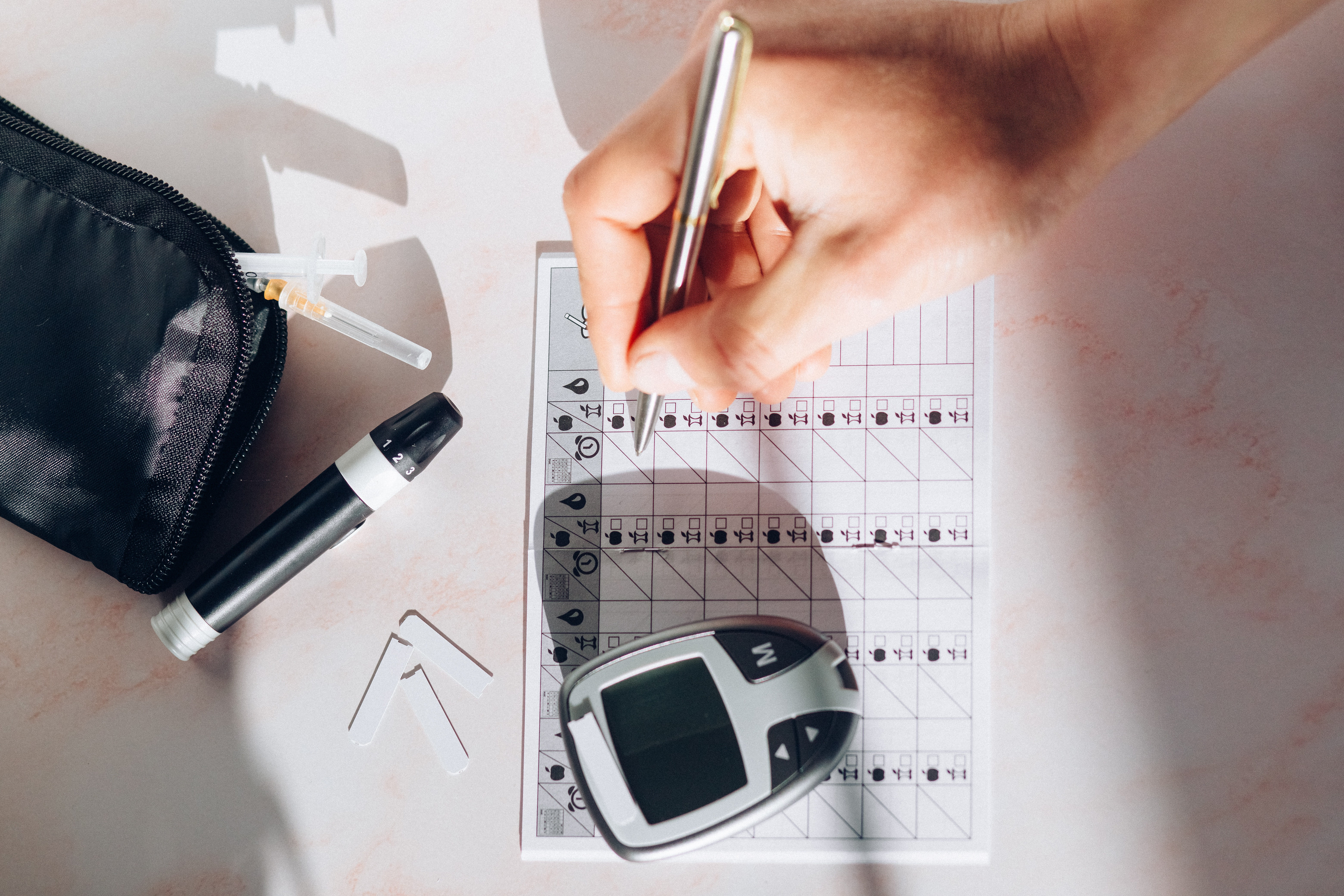
Decibel-meters are devices used to measure sound levels. They allow us to quantify the amount of noise in a given environment, often expressed as decibels (dB).
Decibel meters have been around since the early 20th century and they are an invaluable tool for assessing environmental noise pollution or occupational health risks associated with excessive exposure to loud sounds.
The benefits of using a decibel meter include being able to monitor sound levels over time so that any changes can be noticed quickly, allowing people living in noisy areas such as near airports or industrial sites more awareness about how much potential damage their hearing could endure from prolonged exposures at certain times during day/night cycles when peak activity occurs nearby .
Additionally it provides acoustical engineers data necessary for designing systems which will reduce hazardous acoustic conditions within buildings by optimizing HVAC equipment performance among other things like reducing traffic impacts on residential neighborhoods & commercial districts alike.
Finally its also essential for audio professionals who need accurate relative measurements between different environments where recordings take place; this ensures consistent quality across all locations regardless if recording is done indoors or outdoors – both scenarios requiring careful consideration beforehand due diligence via dB readings taken before sessions begin!
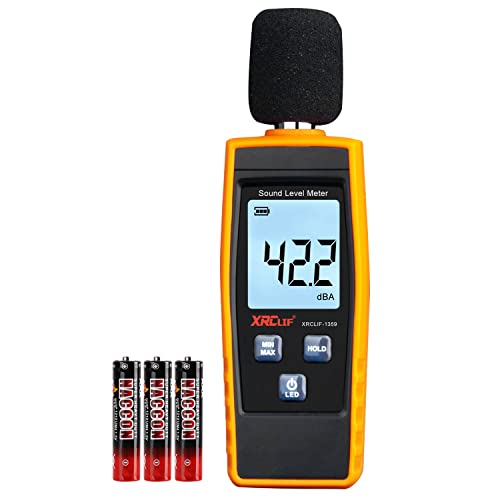
Best value overall, this is the greatest option for all buyers who want the best quality product.
Buy it on Amazon
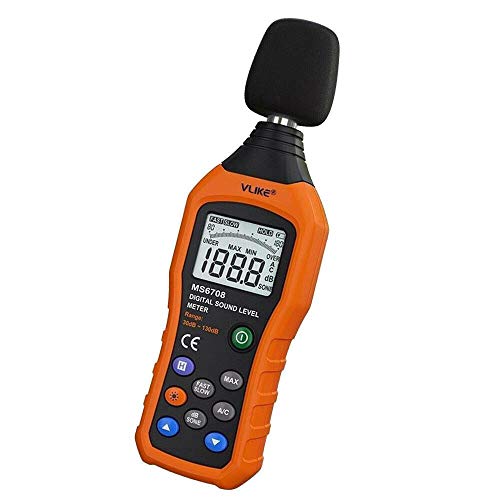
Also very good option for users who are serious about high standard and taste.
Buy it on Amazon
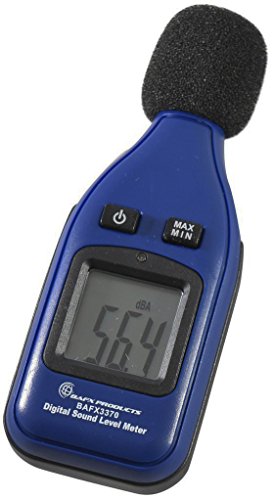
Strike a perfect balance between price and quality, this item is for people who want both.
Buy it on Amazon
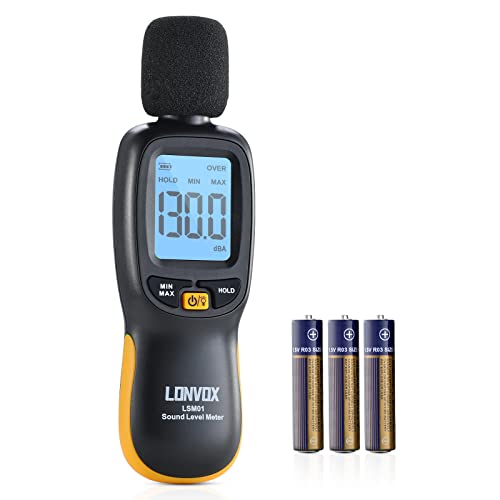
Perfect Alternative for products other than those mentioned above, give it a try!
Buy it on Amazon
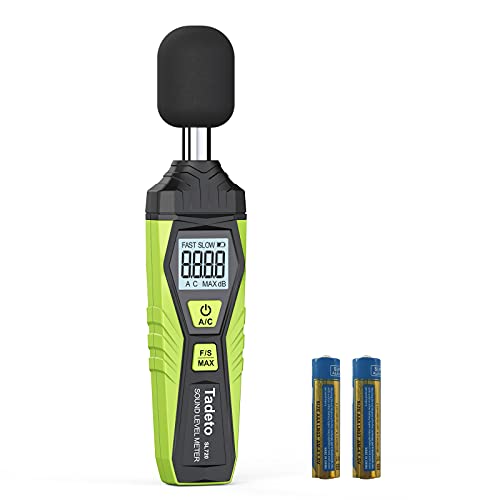
Affordable price and well accepted quality, great deal for who have a tighter budget.
Buy it on Amazon
Decibel-meters are devices used to measure sound levels. They allow us to quantify the amount of noise in a given environment, often expressed as decibels (dB). Decibel meters have been around since the early 20th century and they are an invaluable tool for assessing environmental noise pollution or occupational health risks associated with excessive exposure to loud sounds.
The benefits of using a decibel meter include being able to monitor sound levels over time so that any changes can be noticed quickly, allowing people living in noisy areas such as near airports or industrial sites more awareness about how much potential damage their hearing could endure from prolonged exposures at certain times during day/night cycles when peak activity occurs nearby .
Additionally it provides acoustical engineers data necessary for designing systems which will reduce hazardous acoustic conditions within buildings by optimizing HVAC equipment performance among other things like reducing traffic impacts on residential neighborhoods & commercial districts alike.
Finally its also essential for audio professionals who need accurate relative measurements between different environments where recordings take place; this ensures consistent quality across all locations regardless if recording is done indoors or outdoors – both scenarios requiring careful consideration beforehand due diligence via dB readings taken before sessions begin!
To sum up, decibel-meters are a must have if you need to monitor noise levels in your environment. Having one can provide invaluable information so that you know exactly when and where the sound is coming from and how loud it actually is. It also allows people who work with dangerous machinery or live near highly trafficked areas to be aware of their surroundings by monitoring any changes in volume over time.


Etiam porta sem malesuada magna mollis euismod. Cras mattis consectetur purus sit amet fermentum. Aenean lacinia bibendum nulla sed consectetur.
2045-03-02 00:00:00.000000
2045-03-03 00:00:00.000000
2045-03-06 00:00:00.000000
2045-03-07 00:00:00.000000